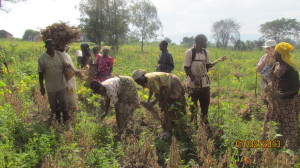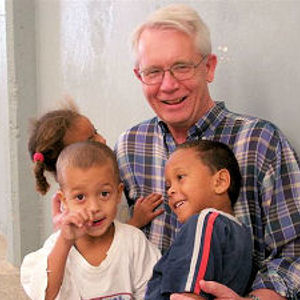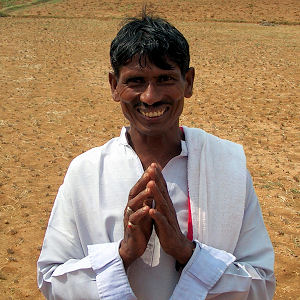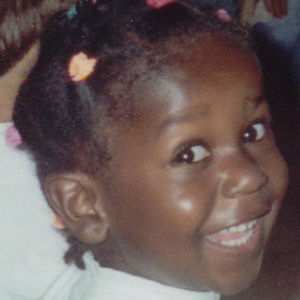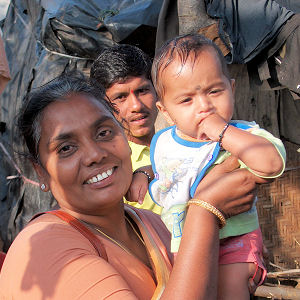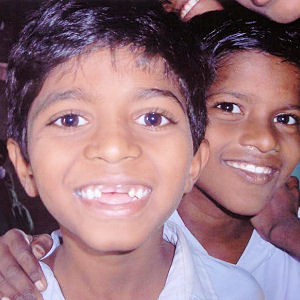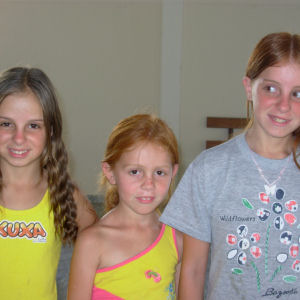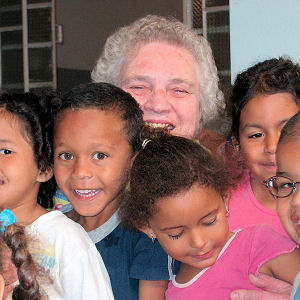Iryango Self-Help Widows’ Group, a Mutual Benefit Society
Mutual Benefit Societies: In Uganda, there are many widows (usually as a result of HIV/AIDS) who live in desperate economic circumstances. They live literally from hand to mouth, working in fields owned by others in order to earn that evening’s meal. In response to their great need for food security, informal agricultural cooperatives called, “Mutual Benefit Societies” have been formed. Long-term leases have been negotiated with local landowners, and hoes, seeds, and training in organization and record-keeping provided to groups of between 12 and 20 widows. Trust develops, and savings and micro-credit schemes naturally follow. As a result of their cooperative efforts, widows and their families are enjoying better nutrition and food security, beginning to raise small livestock, able to pay school fees and medical expenses, save towards renewal of their long-term lease, and in many cases initiate other income generation activities.
Our partner in this project is the BC-based Africa Community Technical Service (ACTS), which oversees and administers the project. In 2012-2013, Sahakarini budgeted $22,000 for the Iryango Widows Group. The funds provide for land rental, tools and seeds, goats, kitchen gardens, reforestation, microfinance, a savings scheme and some health support related to HIV/AIDS. Monies also provide an honorarium for the in-country project coordinator, Elly Nankunda, who has provided wonderful support to the group, and reports to ACTS and Sahakarini.
Results of our project have been positive. Latest updates on the project include:
- Total of 319 goats purchased.
- Grevaria, avocado and coffee seedlings have been purchased and planted.
- The 2012 harvest included soybean, maize, beans, sweet potatoes (all shared for personal consumption) and sweet potato vines which are sold and the monies invested in the microfinance project.
- Workshops conducted on nutrition as malnutrition has been a big challenge. Now the participants have food and know how to prepare it.
Our ACTS partner has advised that land rental costs have increased and further income generation projects are recommended to offset land costs.
An acknowledgement from Elly, on behalf of the Iryango Widows states “The Iryango Widows’ Self-Help Project Association is very grateful to Sahakarini for the love and all the kind donations that we have received through ACTS. Our families now have enough food to eat, and some money to cater for some of our domestic needs.”
2014-15: Iryango Widows Project, Phase II with Africa Community Technical Service
Phase Two of the Iryango Widows Project is a continuation of an earlier project.
Phase I, begun in 2010, enabled 120 members of the group to receive one goat each and to rent small plots of land to raise crops. Though there were challenges due to drought, the project was generally successful, and we moved on to Phase II in which Sahakarini has provided funding of $21,450 to enable the 120 members to obtain a small loan and a goat.
The members’ gardens are located on 240 plots of land, and the landlord has shown interest in renewing the lease. Each of the members has received a goat, and the total number of goats now totals 217. The members planted crops of their own choice, which included sorghum, corn, sweet potatoes, Irish potatoes, peas, groundnuts and cassava.
The project is again administered by the Africa Community Technical Services (ACTS) and overseen by Elly Nankunda. Our local contact for the project continues to be John Pattison of Kingman, AB.
As seen in the photos below, Sahakarini members Don and Chris Rebus visited the project area a year ago. “We went there the saw how the project was progressing. It has made a huge impact on that community and it was interesting to see how well they are doing. The children are able to go to school, the widows are able to support themselves, and grow cash crops to sell.” Don and Chris noted that the group of women were organized and had ideas, but just needed a bit of extra help. They said it was humbling to feel so appreciated when they arrived in Uganda. “We’re very lucky to be born in this country and province. Sometimes we don’t realize that we can have a huge impact with a relatively modest contribution,” Don said. “We feel very fortunate that in some small way, we can help these people to get on with their lives.”
Below are some photographs taken when they visited the project.


